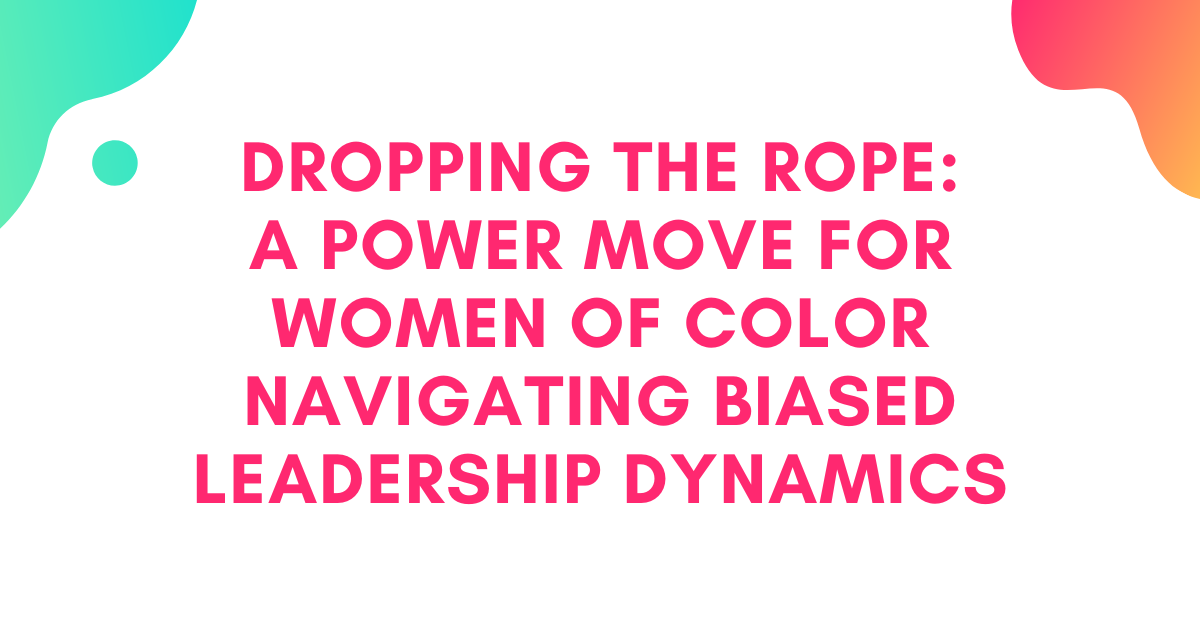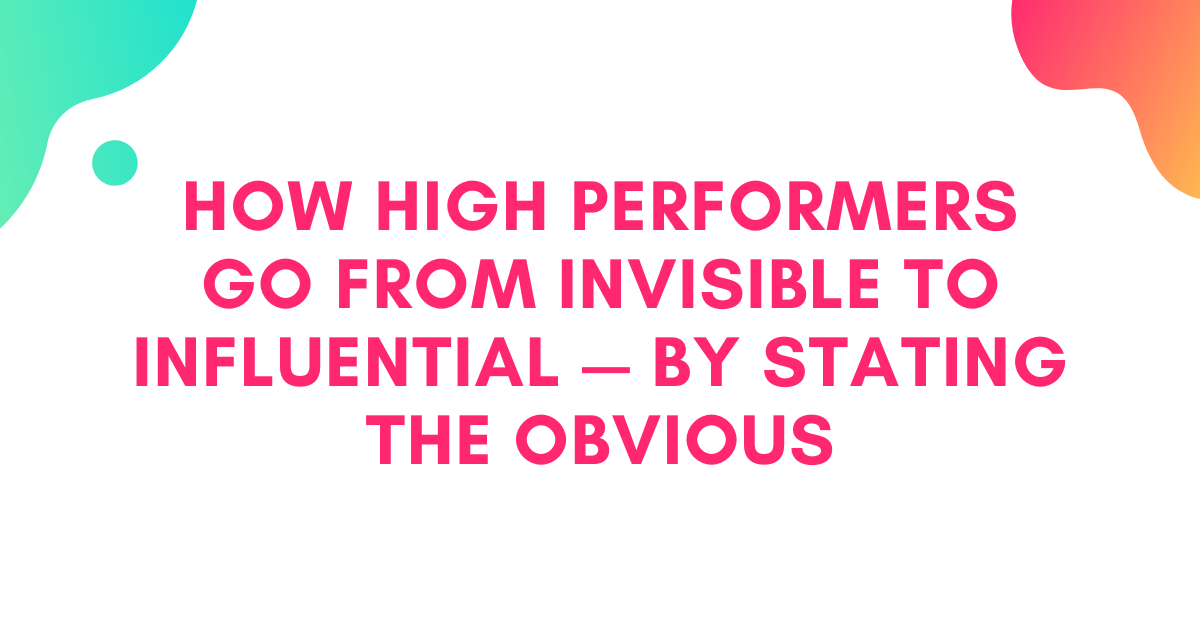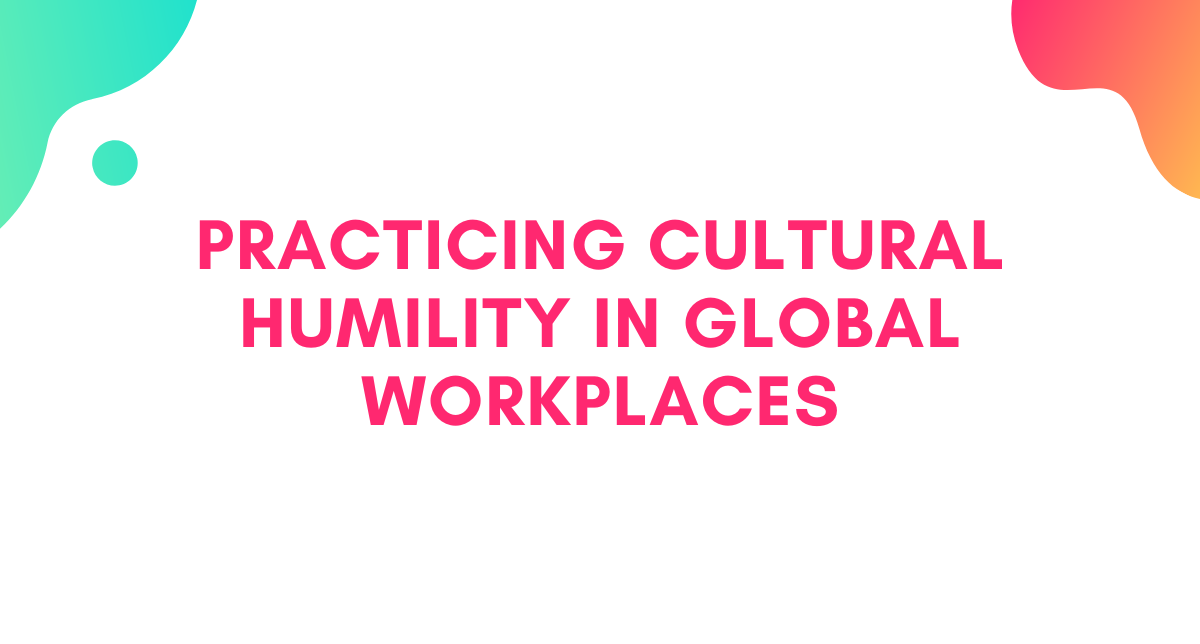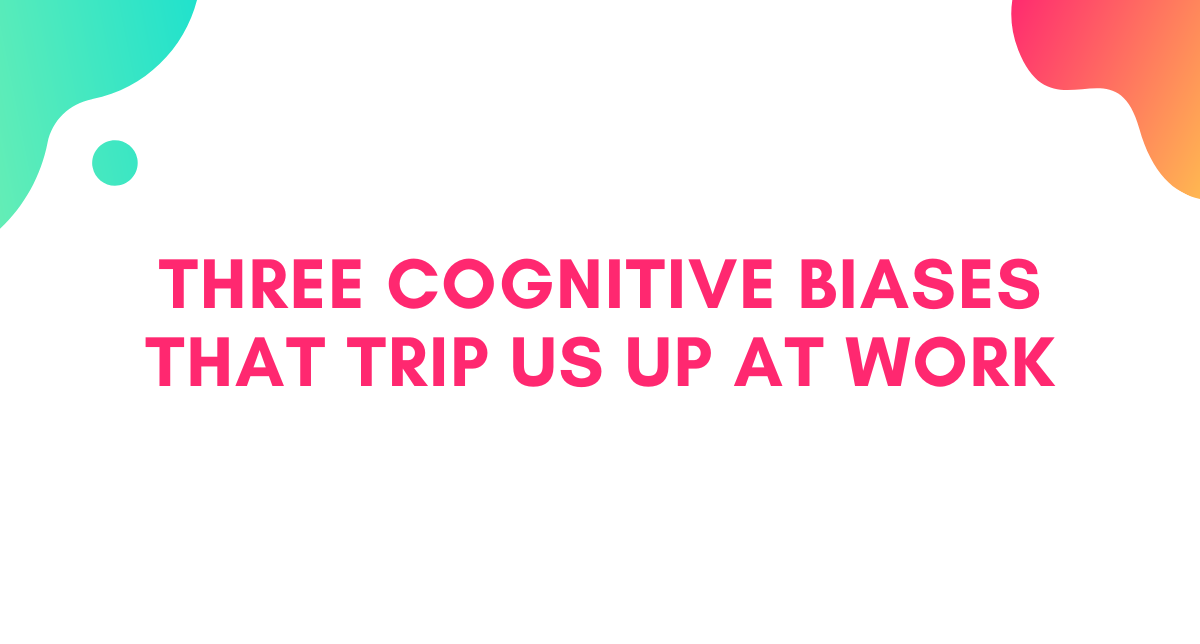In my executive coaching practice, I blend no-nonsense communication frameworks with applied neuroscience tools to support my clients in changing behavior patterns that have gone unconscious. This combination has helped my clients advocate for themselves, leave toxic jobs, start companies, and negotiate better offers.
Jamie Lee is an executive coach for smart women who hate office politics. She helps them get promoted and better paid without throwing anyone under the bus.



















